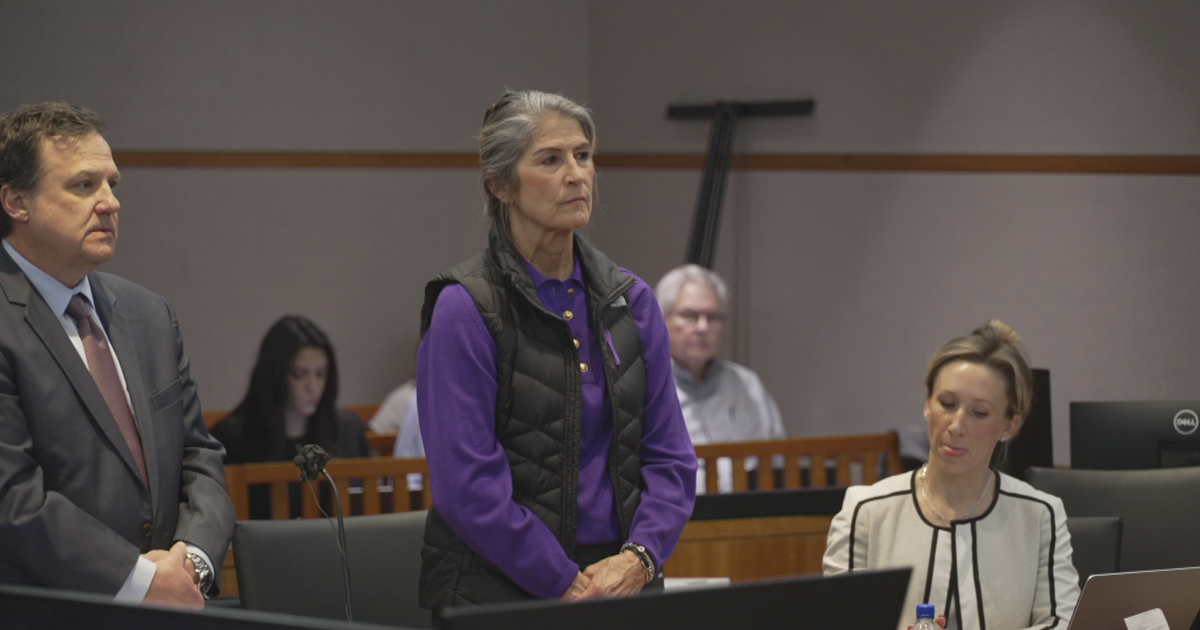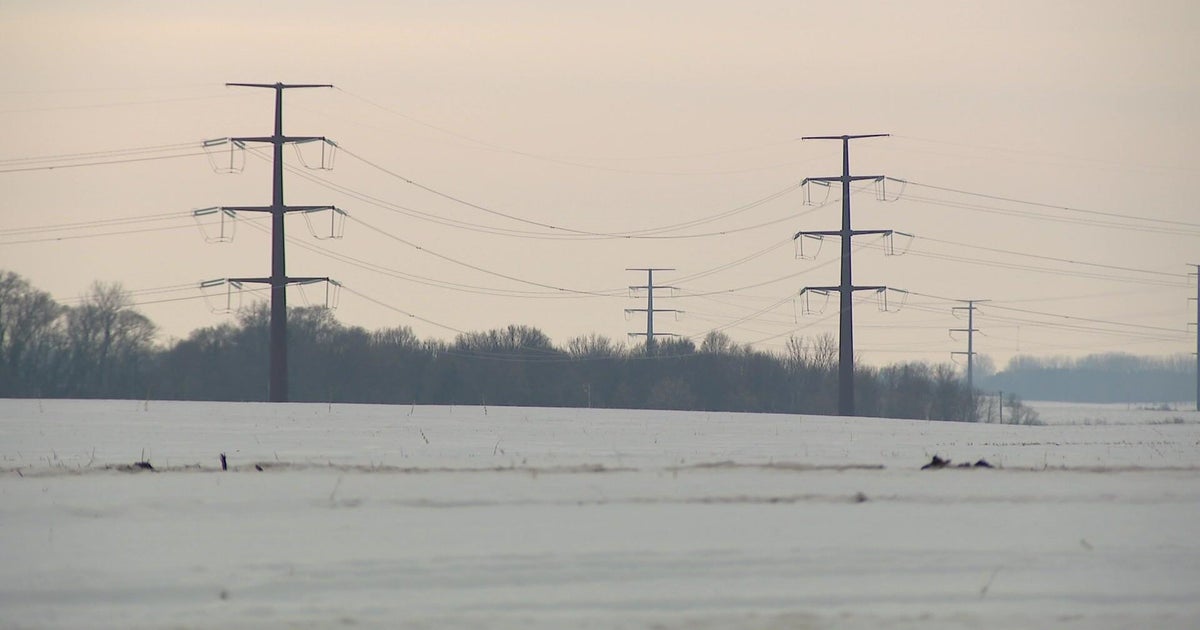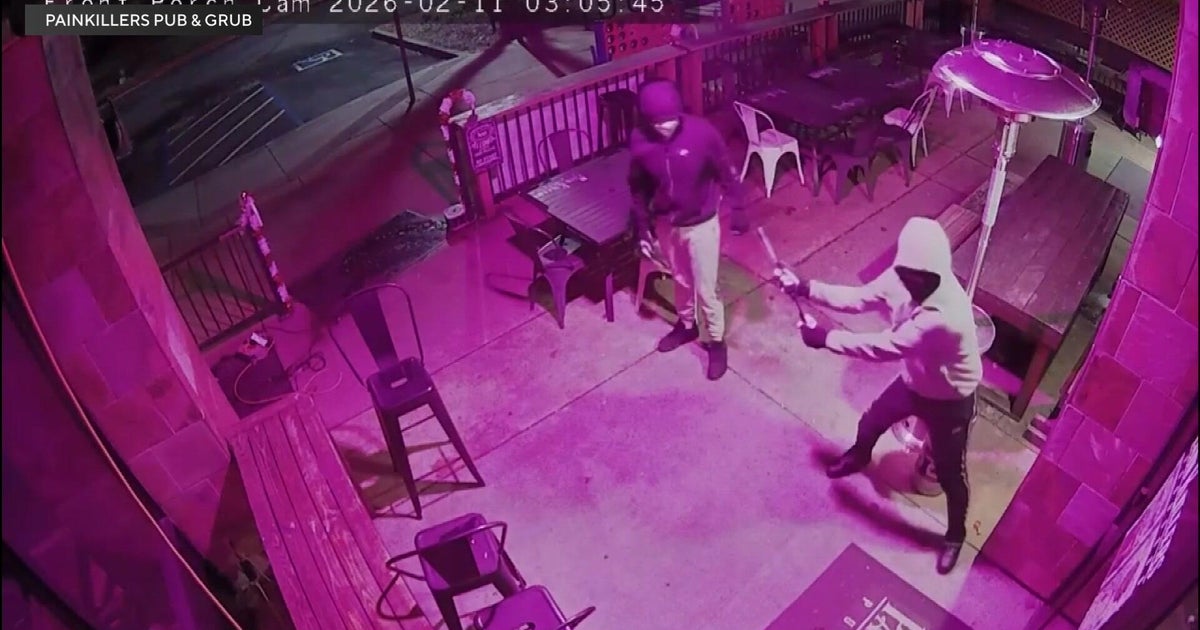Illinois biometric data privacy law may be bad for business, some say
CHiCAGO (CBS) -- From buying a cup of coffee with your fingerprint to scanning your eye instead of your passport, biometric data helps make our fast-paced world even faster.
Illinois has the strongest law in the country to protect that data. But as CBS 2 Investigator Megan Hickey reported Tuesday, that has led to a flood of lawsuits, and caused some controversy.
Specifically, right now, Illinois residents are the only ones that have the right to sue over the improper collection and mishandling of that biometric data. Some business leaders across the state say that is scaring companies away.
Thousands of trucking companies across the country have come to rely on in-cab cameras that can monitor for distracted or drowsy driving in the event of hard braking, bumping, or crashing.
But in Illinois, companies are facing claims that those cameras illegally collect "facial geometry data" — simply put, the shape of your face — in violation of the state's very strong Biometric Information Privacy Act (BIPA). The result has been lawsuits.
"Trucking companies in Indiana are not subject to these lawsuits. Trucking companies in Wisconsin are not subject to these lawsuits," said Matt Hart, executive director of the Illinois Trucking Association.
Hart said he understands the need for the Biometric Information Privacy Act, which went into effect in 2008, but he says it is forcing some companies to prioritize not getting sued over safety.
"What it's actually doing now, particularly in the trucking industry, is it's creating frivolous lawsuits," Hart said, "and actually, it's now become a deterrent to safety."
That is why Hart is standing with other industry leaders across the state — including those in the healthcare industry, which often rely on employee fingerprints and other data to access sensitive records or medication.
"We see small providers who already operate on shoestring budgets run the risk of closure because of one case," said Matt Hartman, executive director of the Illinois Health Care Association.
Hart emphasized that he believes the law puts safety in jeopardy.
"We should be equipping our truck drivers with the best technology out there," Hart said. "We shouldn't be having laws that deter them, or have them fearful that if they do use the safety, they're going to be subject to a frivolous lawsuit."
Illinois state Rep. Jeff Keicher (R-Sycamore) supports the need for privacy, but says it's become clear that the 15-year-old law needs to be updated for 2023-era technology.
"We held Facebook accountable. We held Google accountable," Keicher said. "But we are going to chase employers out of the out of the State of Illinois."
That is why Keicher introduced Illinois House Bills 2335 and 3199. He says the purpose is to clarify BIPA, and allow consent to use biometric data to be obtained electronically.
"We've got a strong labor backbone in the State of Illinois, and if that can overcome difficulties, that's great," he said. "But each year, and not addressing BIPA, makes that a higher and higher threshold for a business to consider."
Critics argue that businesses should find workarounds to get the appropriate consent every time biometric information is needed.
Since the law has passed, more than 1,500 lawsuits have been filed in Illinois.







